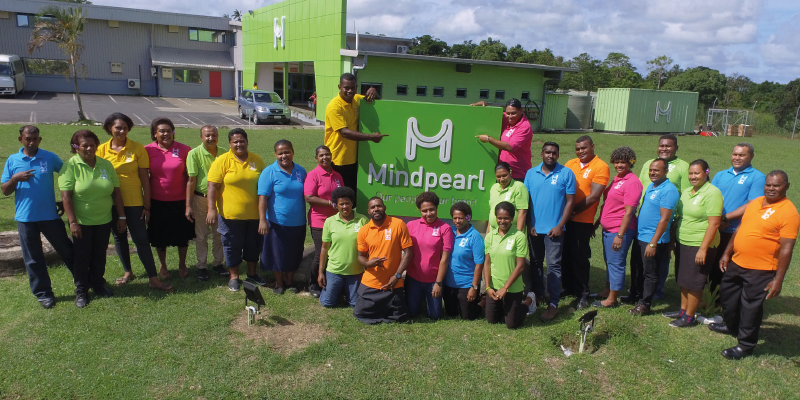Recover and rebuild: COVID-19 cashflow solution
Lockdown severely impacted many businesses’ cashflow. While wage subsidies have been helpful, fixed costs continue – regardless of whether money is coming through closed doors. For those affected by Covid-19, […]
Lockdown severely impacted many businesses’ cashflow. While wage subsidies have been helpful, fixed costs continue – regardless of whether money is coming through closed doors. For those affected by Covid-19, keeping cash in their business until their financial situation improves may require new solutions.
One viable option is tax pooling.
The service lets someone choose when they make their provisional tax payments and has been operating with the blessing of Inland Revenue (IR) for 17 years.
But why might tax pooling be useful right now?
The current economic environment
Containing the spread of Covid-19 in New Zealand came at a cost. Businesses have gone belly-up; unemployment is on the rise.
A 1.6 percent decline in GDP in March 2020 represents the largest quarterly drop in 29 years – and that figure includes just one week of lockdown. The June figures will reveal the true economic pain.
Right now recovery is the focus for businesses that survived the 75 days of Government restrictions.
This is an important phase in terms of their ongoing viability, and holding on to funds will be crucial as they continue to rebuild during alert level one.
What is tax pooling?
Tax pooling was implemented by IR in 2003.
The service, which is offered by a registered commercial provider, addresses one of the major bugbears of the provisional tax regime: Having to pay on prescribed dates that might not suit a business.
Indeed, tax pooling lets someone pay their provisional tax when they want to, without incurring IR interest and late payment penalties.
That’s because the tax pooling provider pays tax to IR on a business’ behalf and the business pays the provider once their liability is known or when funds are more readily available.
Someone can also chip away at their tax payment(s) throughout the year.
A business with a 31 March balance date would have up to 22 months from the date of their first provisional tax instalment (28 August 2020) to settle their income tax obligations for the 2020-21 income year.
The tax pooling provider’s interest cost is considerably cheaper than the seven percent IR charges for underpaid tax.
Why tax pooling as opposed to Inland Revenue?
But why would someone use tax pooling when IR is waiving interest (as well as penalties) for taxpayers who cannot pay tax on time due to Covid-19?
Firstly, one must remember IR’s ability to do this is discretionary.
There is also a sense that, depending on the Covid-19 situation and how the New Zealand economy fares, it will become harder for businesses to receive this remission the further we move away from the lockdown period.
With tax pooling, acceptance is guaranteed.
Secondly, a taxpayer who receives an interest waiver from IR agrees to pay their tax “as soon as practicable”. Typically, they will enter an instalment plan with set payments.
Those using tax pooling can pay when their cashflow allows. They have up to June 2022 to settle their 2020-21 income tax obligations.
Finally, IR may ask someone seeking an interest remission to supply three months’ worth of bank/credit card statements, accounting management information and a list of aged creditors and debtors.
The tax pooling provider only requires a taxpayer’s details. No security is needed.
Given tax pooling offers more flexibility and is easier to arrange, paying a small interest cost may be negligible.
It’s something worth considering for those impacted by COVID-19 who want to manage cashflow.



